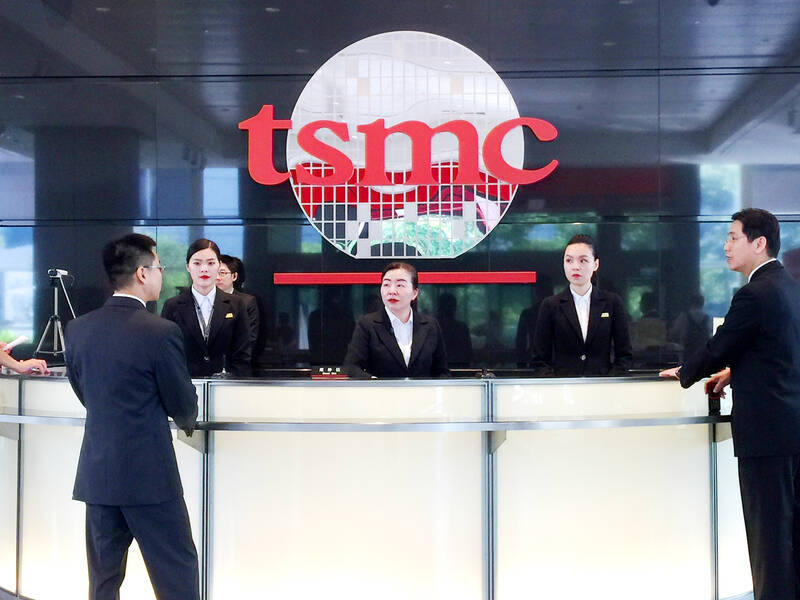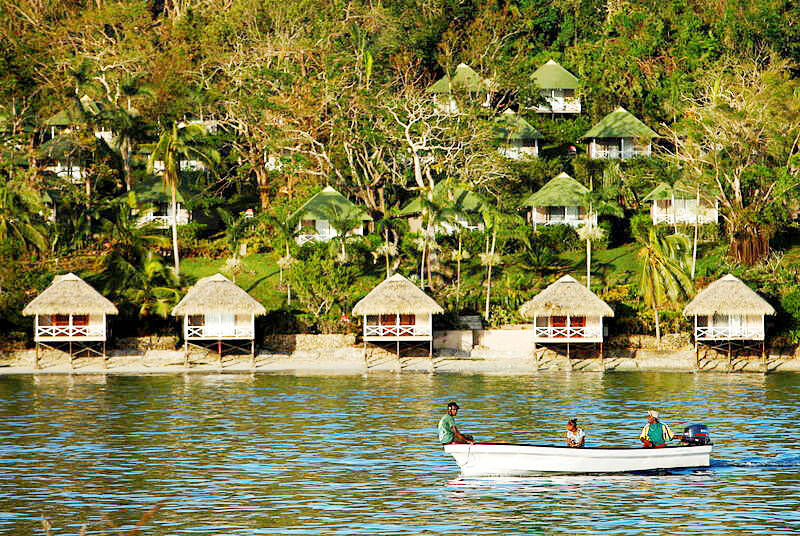The slashing of the government’s proposed budget by the two China-aligned parties in the legislature, the Chinese Nationalist Party (KMT) and Taiwan People’s Party (TPP), has apparently resulted in blowback from the US. On the recent junket to US President Donald Trump’s inauguration, KMT legislators reported that they were confronted by US officials and congressmen angered at the cuts to the defense budget.
The United Daily News (UDN), the longtime KMT party paper, now KMT-aligned media, responded to US anger by blaming the foreign media. Its regular column, the Cold Eye Collection (冷眼集), attacked the international media last month in a piece by Cheng Chia-wen (程嘉文) entitled “Foreign Media and Domestic Sales: Who is Manipulating Fake Issues?” (外媒內銷 誰在操作假議題). Cheng contended that the idea that international media being concerned about the impact of the budget freeze on military purchases is a “deliberately fake issue.”
UDN’s treatment of the topic was the usual compendium of evasions and misdirections, but it illustrates how concerned the KMT is about even a little foreign pressure, and how, for the local political scene, foreign eyes validate.

Photo: Hung You-fang, Taipei Times
The KMT and TPP knew perfectly well how the budget cuts and freezes would look in Washington. President Trump complained about the lack of Taiwan military spending on the campaign trail, as have many of his appointees. Still, the legislators pressed for progress on the double taxation agreement with the US, though they had failed to raise defense spending in response to US wishes.
TARIFFS AND DEFENSE
Yet, despite the defense spending issues, or perhaps because of them, Trump last month announced the possibility of tariffs on Taiwan Semiconductor Manufacturing Co (TSMC) products. Apparently the Trump Administration hasn’t grasped the idea that reducing TSMC’s revenues — and hence its tax payments — will reduce the ability of Taiwan to spend money on defense.

Photo: Reuters
TSMC, a large chunk of which is owned by the government, will likely require government funding to support its production if the tariffs hit it hard, again reducing the government’s ability to spend on defense. Indeed, late last week the government was exploring this possibility. The Taipei Times last month quoted Premier Cho Jung-tai (卓榮泰) promising that the government would begin “looking at possible ways of assisting the semiconductor industry and having more collaborative projects with it in a couple of days.”
Trump’s tariff threats assumed greater importance with the release of the allegedly low-cost AI model Deepseek by a firm from the People’s Republic of China (PRC). While the hype is probably the usual case of the PRC attempting to manipulate investors and market observers, Deepseek did spark Jeremy Chang (張智程), chief executive officer of the National Science and Technology Council’s Research Institute for Democracy, Society and Emerging Technology, to observe on Facebook that “Taiwan, Japan and South Korea, the world’s leading chipmakers, would gain greater strategic value to Washington, even beyond what their position in the first island chain affords them.”
Tariffs on Taiwan and South Korea are exactly what the US should not be doing, if it wishes to maintain its computing lead.
UNRELIABLE US?
As many observers remarked, in Taiwan Trump’s tariff threats simply make the US look unreliable and unwilling to care about Taiwan’s interests. They could only serve to increase local distrust of the US, and validate the claim by the PRC’s servants in Taiwan — the KMT and TPP — that the US cannot be relied on in the event of a PRC invasion.
Many will begin to ponder whether Taiwan would indeed be better off in Beijing’s orbit, a notion that the PRC daily stimulates with its growing influence over social media and its disinformation campaigns. Putting tariffs on TSMC will also cause it to reconsider the US as a market, perhaps pushing it towards greater involvement with the PRC. Recall that the tariff threat comes on the heels of massive TSMC investments in chip fabs in the US.
Thoughtful Taiwanese will also observe that Trump promised to put tariffs on pharmaceuticals. The threat was aimed at Japan, a major player in that market. Tariffs targeting South Korea and Japan are very bad for Taiwan, since Taiwan cannot resist a PRC invasion without them. The same economic and political logic applies — if the Trump Administration genuinely wants its allies to spend more, why make their economies take a hit?
Trump last month also pulled the US out of the Paris Agreement, the international climate treaty, claiming that it was bad for the economy, as he had in his first term (Joe Biden re-entered it in 2021). The Trump Administration’s aggressive dismantling of efforts to fight climate change may play well with its base, but the Pacific Island nations whose friendship Taiwan needs are most immediately impacted by human heating of the climate. The PRC, the world’s leading supplier of renewable energy technology, has been seeking influence over those states, in its campaigns to isolate Japan, Taiwan and Australia from the Pacific. Where will those small island states turn for leadership?
PRC TARIFF THREATS SHRINK
Note that in this swirl of chaos Trump’s promises to target the PRC with tariffs have vanished. Already his promise that he would hit the PRC with 60 percent tariffs has been memory-holed. Instead, the administration has slapped a 10 percent tariff on Beijing.
During the campaign there were numerous articles in the international media on how Trump was going to confront China. For example, in November Bloomberg observed of Trump’s coming crusade against Beijing: “The expected appointment of Marco Rubio as secretary of state and the naming of combat veteran Mike Waltz to the post of national security adviser and Elise Stefanik as US ambassador to the United Nations leave little room for doubt.”
His campaign was marked by constant attacks on the PRC. He repeatedly accused the PRC of hollowing out the US industrial base, deliberately shipping in fentanyl to poison Americans and causing the COVID-19 pandemic.
Indeed, in a piece last month American Enterprise Institute scholar Derek Scissors argued that Trump’s about-face on the PRC and tariffs on American allies can only help Beijing. Scissors wrote that increasing tariffs on US allied states will help Beijing by making its goods relatively cheaper, increasing America’s deficit with the PRC.
“We can cut imports sent directly from China, plus those routed through other countries, without inflation. Or we can let China keep our jobs, and tax our friends so their jobs go to China too. We know which one President Trump used to want,” he wrote.
Mao once remarked: “Everything under heaven is chaos, the situation is excellent” (天下大亂情勢大好). This seems to be the modus operandi of the Trump Administration.
It isn’t shaping up to be good for Taiwan.
Notes from Central Taiwan is a column written by long-term resident Michael Turton, who provides incisive commentary informed by three decades of living in and writing about his adoptive country. The views expressed here are his own.

Following the shock complete failure of all the recall votes against Chinese Nationalist Party (KMT) lawmakers on July 26, pan-blue supporters and the Chinese Communist Party (CCP) were giddy with victory. A notable exception was KMT Chairman Eric Chu (朱立倫), who knew better. At a press conference on July 29, he bowed deeply in gratitude to the voters and said the recalls were “not about which party won or lost, but were a great victory for the Taiwanese voters.” The entire recall process was a disaster for both the KMT and the Democratic Progressive Party (DPP). The only bright spot for

Water management is one of the most powerful forces shaping modern Taiwan’s landscapes and politics. Many of Taiwan’s township and county boundaries are defined by watersheds. The current course of the mighty Jhuoshuei River (濁水溪) was largely established by Japanese embankment building during the 1918-1923 period. Taoyuan is dotted with ponds constructed by settlers from China during the Qing period. Countless local civic actions have been driven by opposition to water projects. Last week something like 2,600mm of rain fell on southern Taiwan in seven days, peaking at over 2,800mm in Duona (多納) in Kaohsiung’s Maolin District (茂林), according to

Aug. 11 to Aug. 17 Those who never heard of architect Hsiu Tse-lan (修澤蘭) must have seen her work — on the reverse of the NT$100 bill is the Yangmingshan Zhongshan Hall (陽明山中山樓). Then-president Chiang Kai-shek (蔣介石) reportedly hand-picked her for the job and gave her just 13 months to complete it in time for the centennial of Republic of China founder Sun Yat-sen’s birth on Nov. 12, 1966. Another landmark project is Garden City (花園新城) in New Taipei City’s Sindian District (新店) — Taiwan’s first mountainside planned community, which Hsiu initiated in 1968. She was involved in every stage, from selecting

As last month dawned, the Democratic Progressive Party (DPP) was in a good position. The recall campaigns had strong momentum, polling showed many Chinese Nationalist Party (KMT) lawmakers at risk of recall and even the KMT was bracing for losing seats while facing a tsunami of voter fraud investigations. Polling pointed to some of the recalls being a lock for victory. Though in most districts the majority was against recalling their lawmaker, among voters “definitely” planning to vote, there were double-digit margins in favor of recall in at least five districts, with three districts near or above 20 percent in